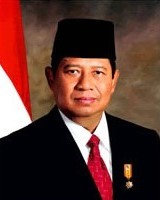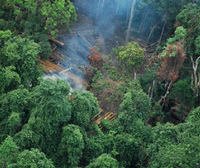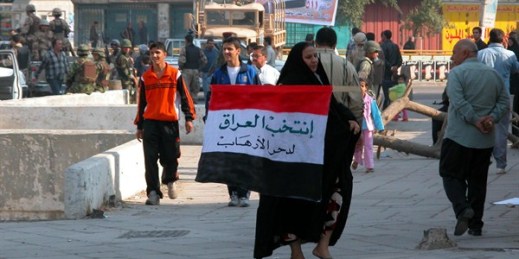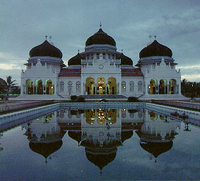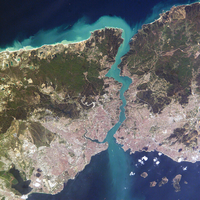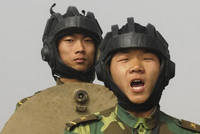
On March 25, the U.S. Department of Defense (DOD) released its annual Military Power of the People’s Republic of China (.pdf) report. Despite the recent change in White House occupants, the text resembles the department’s previous Chinese military power reports, suggesting that holdovers from the Bush administration supervised its composition. As required by the 2000 National Defense Authorization Act, the annual report assesses the current and likely future military capabilities, doctrine, strategies, and operational concepts of the People’s Republic of China (PRC). The U.S. and other foreign officials have repeatedly complained about the severe constraints on transparency that the Chinese […]

